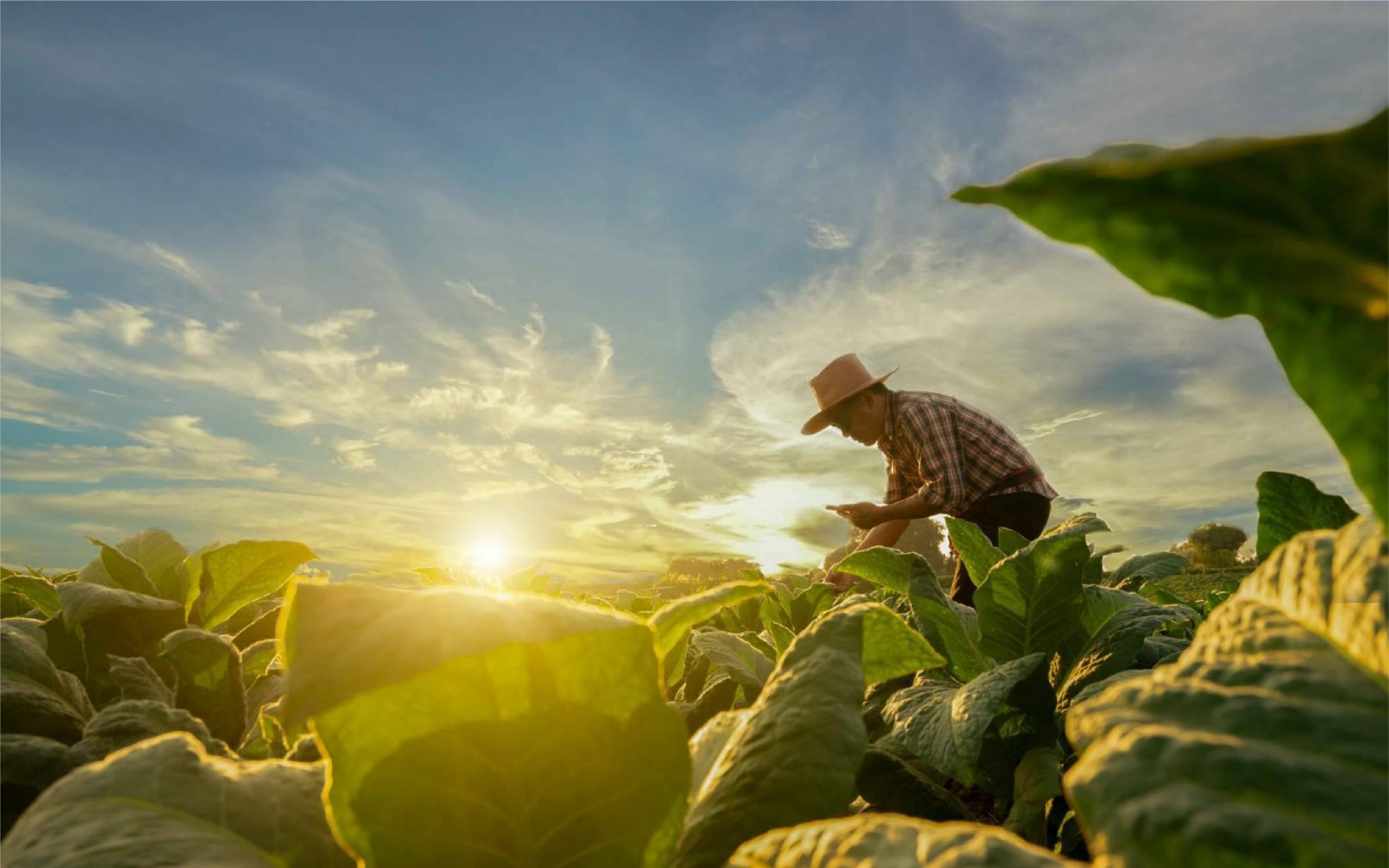[:pb]
It's not that long ago that technology was closely integrated into the production chains of Brazilian agribusiness. That is, of course, when we're talking about the farm gate.
The use of digital technology for production-related activities is already the reality of 84% of small and medium-sized farmers in the country, according to a recent survey by Embrapa in conjunction with Sebrae and the National Institute for Space Research (INPE).
When it comes to digital technologies that go beyond the use of the internet in applications or computers for general activities or obtaining information about the property or production, the number drops to less than 25%. Apps aimed at management, remote data and images, automated and robotic systems, geolocated information and other opportunities are not being taken advantage of. It's worth remembering that the group is the majority in Brazilian agriculture: 77% of agricultural establishments, according to the latest IBGE Agricultural Census, carried out in 2019.
Even among medium-sized to large companies, there is concern about the small dissemination of technology from the gate to the outside: in the offices. Artificial Intelligence, the Internet of Things, big data and blockchain are opportunities that are already part of the portfolio of technologies used in countries with a greater culture of science, technology and innovation applied to business. In Brazil, this has yet to become popular. Hacking Brazilian agribusiness is therefore urgent.
Digital transformation is an ally
Agribusiness is very important to the national economy and is closely watched by organizations, governments and consumers both inside and outside the country. Issues such as climate change, deforestation and ESG are already advancing at a rapid pace and with the support of the best current technology for mapping, collecting and analyzing data in the sector.
Since 2020, with the new pandemic context that has jeopardized food security around the world, the digital transformation in the field has also advanced.
For Carlos Barbosa, CEO of Aliare, one of the major technology players in Brazilian agribusiness, the trend is for even greater progress to be made by the end of the pandemic period. "Agribusiness is a sector that has always been receptive to innovation, especially in relation to production technologies, machinery, implements and inputs. But I think it took producers a little longer to adopt management and control technologies. What I see happening now, and I believe it will continue in this pandemic, is an acceleration in this scenario," he explains.
What we already know is that the increasingly qualified use of data can accelerate not only the productive force but also business intelligence in agriculture, but thinking ahead, the possibilities for technological use in the area are practically endless.
How to hack the field?
If this subject interests you, our report Agribusiness as a brand: trends and reflections for leading brands in Brazilian agribusiness can bring other good insights into digital transformation, innovation and branding applied to business.
If you're interested in the agribusiness of the future, click here to access the full report and understand which brand management opportunities could be on your radar.
[:]
